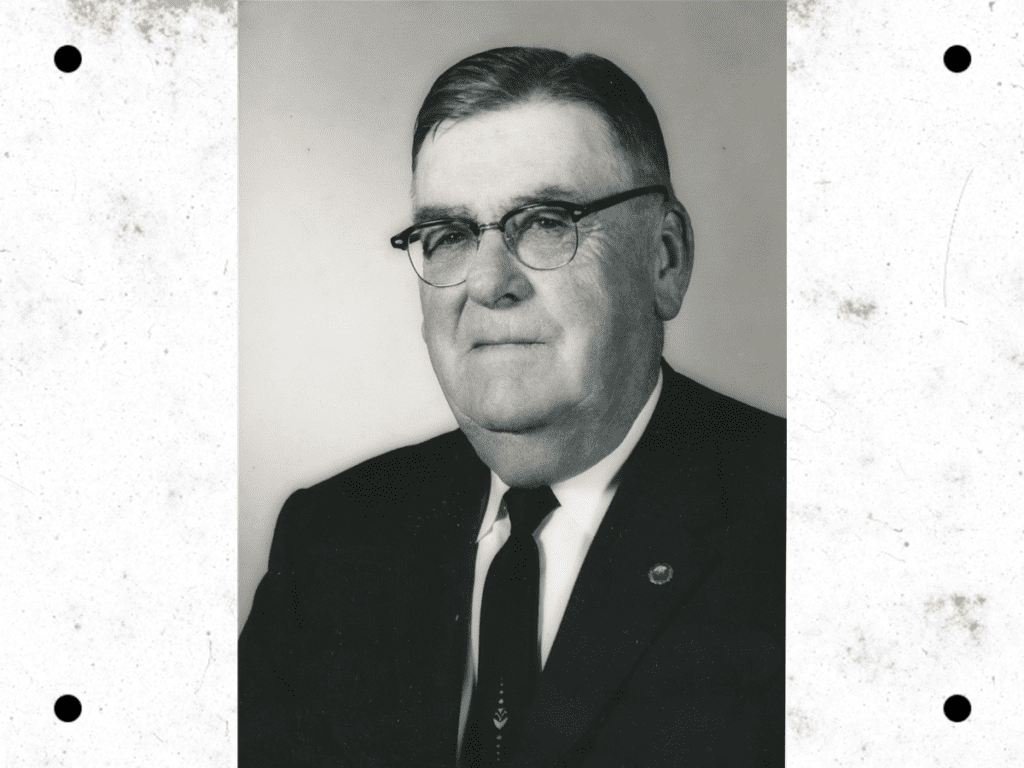Mr. Joslin was a man of vision and commitment to make life better for others, particularly the lives of his fellow farmers. While modest and quiet, he was firm in his speech and able to inspire others with his zeal and work ethic. For 6 years after high school graduation, he was a sheep rancher in Wyoming from 1906 to 1912. Only 13 years after graduation from Sidney High School, he was involved on a state and national level in the Ohio Rural Electric Cooperative and the National Rural Electric Cooperative. He helped found in 1917 the Shelby County Farm Bureau, a group instrumental in getting the loans from the federal government for the lines to reach the farmers of Shelby, Miami, and Champaign counties.
The formation of the Pioneer Rural Cooperative in 1935 was the first in Ohio and one of the first in the nation to use the cooperative structure to get rural residents the electricity that most other Americans had long been enjoying. The task had been attempted by the federal government through private and public utility companies already in existence, but it was not until area farmers led by Paul Boerger and William Joslin, Sr. of Shelby County and Leonard U. Hill of Miami County took the initiative to organize through the Farm Bureau that the job got done. Indeed, Bill Joslin was given the honor of flipping the switch that electrified the first Shelby County rural home. His grandson William W. Joslin said that his grandfather’s favorite saying after giving instructions to anyone with whom he was working was “Let’s get it done.” And he certainly lived up to his own dictum.
Besides being instrumental in rural electrification and serving as Pioneer Rural Electric’s first president and only president from 1935-1961, Mr. Joslin was an early leader in the development of hybrid corn despite the fact that he attended Ohio State University for only one year. Others recognized his landmark efforts by naming him director emeritus of the Ohio Seed Improvement Association.
His accomplishments and associations read like a ‘Who’s Who in Ohio Agriculture:
helped organize the Wapakoneta Production Credit Association and continued to serve on its board of directors;
was a director of the Ohio Wool Growers (now Mid-States Wool Growers);
was an original board director of the Central Ohio Breeders Association;
was a member of Parkwood Grange;
was a member of the Farm Bureau advisory council;
was a member of Shelby County Soil and Water Conservation Association.
Beyond those ag-related commitments, he was active on the Wilson Memorial Hospital’s board during the construction of Yager Medical Building wing; served on the local school board when Parkwood school (now Northwood) was constructed. He was a steward on the board of the First United Methodist Church for many years, and in his youth was a member of Company L of the Ohio National Guard from 1901 to 1908. One would have to agree that he certainly lived his own advice to others: “Let’s get it done.”
